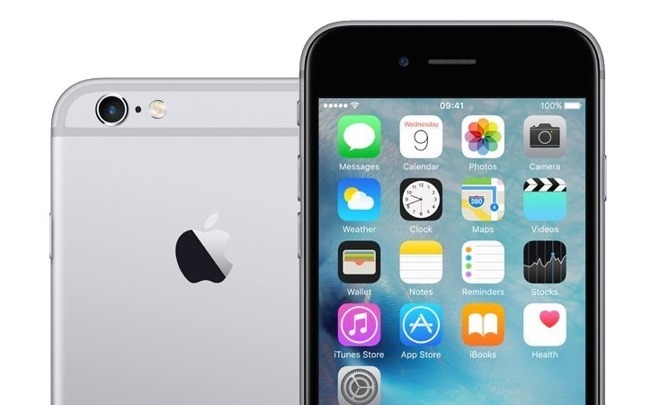Apple has confirmed that it temporarily slows down processes on older iPhones with poorly functioning batteries, with a recent update able to "smooth out the instantaneous peaks" when needed to prevent device shutdown.

On Wednesday, Apple issued an official statement regarding claims that worn batteries slow iPhone performance, most often seen on older and/or heavily-used devices. In its statement, Apple declares that:
Our goal is to deliver the best experience for customers, which includes overall performance and prolonging the life of their devices. Lithium-ion batteries become less capable of supplying peak current demands when in cold conditions, have a low battery charge or as they age over time, which can result in the device unexpectedly shutting down to protect its electronic components.Last year we released a feature for iPhone 6, iPhone 6s and iPhone SE to smooth out the instantaneous peaks only when needed to prevent the device from unexpectedly shutting down during these conditions. We've now extended that feature to iPhone 7 with iOS 11.2, and plan to add support for other products in the future.
In its statement, Apple is referring to the iOS 10.2.1 update that solved the spurious shutdown issue, related to battery output voltage.
Responding to questions posed by AppleInsider, sources inside Apple engineering not authorized to speak on behalf of the company say that testing like benchmarking artificially loads the processor for an extended period of time. The "peaks" in power needed to run the benchmark used to test an iPhone with a chemically depleted battery can trip the mechanism Apple has implemented to prevent device shutdown in the event of a low-voltage situation.
Our sources within Apple also told us that the level of throttling varies depending on the wear state of the battery.
Lithium Ion battery technology relies on a chemical process that can be depleted, and is not eternal. As a result, performance beyond just maximum charge decreases over time. Many factors lead to battery depletion, including usage, charge/discharge cycles, and heat.
Our sources within Apple confirmed to us that users choosing to replace the batteries in devices that may be experiencing the throttling will likely see the issue rectified. This may depend on the user's environment that the phone is being used in during the test.
However, it has been poorly communicated by Apple as to what is going on. In the interest of user transparency, AppleInsider suggested to our sources that Apple implement a customer warning that the device is being throttled because of battery wear.
A lengthy Reddit thread was started on Dec. 10, with several satellite threads spun off over the weekend. All of the threads had users claiming higher benchmark results after a battery replacement. While there is no universal improvement in benchmarks after a replacement, some additional users did confirm that their devices felt faster after a replacement.
As a side-effect of the thread, and consequent reporting of it, the conspiracy theory suggesting that Apple intentionally slows down older iPhones to force purchasing a new device has risen again. It has been conclusively proven that older iPhone hardware with an adequately functioning battery is no slower than it was at launch.
The issue continues to not be a Apple-led conspiracy to force users to buy new hardware. Apple is not slowing down older devices to convince users to buy a new one. If it did, the throttling would be permanent, and a new battery would not solve the issue.
A battery replacement through Apple costs $79. A new iPhone SE on the low-end costs $349, with the iPhone X on the high end retailing for $999 and up.

